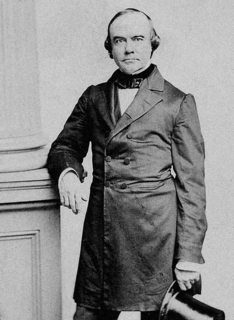A Quote by G. Edward Griffin
Error is better than apathy. Error can be corrected in time to change the outcome. Apathy is seldom corrected until it is too late.
Related Quotes
With both people and computers on the job, computer error can be more quickly tracked down and corrected by people and, conversely, human error can be more quickly corrected by computers. What it amounts to is that nothing serious can happen unless human error and computer error take place simultaneously. And that hardly ever happens.
As soon as error is corrected, it is important that the error be forgotten and only the successful attempts be remembered. Errors, mistakes, and humiliations are all necessary steps in the learning process. Once they have served their purpose, they should be forgotten. If we constantly dwell upon the errors, then the error or failure becomes the goal.
the point of educating instead of blaming seems to me very important. For nothing stultifies one more than being blamed. Moreover, if the question is, who is to blame?, perhaps each will want to place the blame on someone else, or on the other hand, someone may try to shield his fellow-worker. In either case the attempt is to hide the error and if this is done the error cannot be corrected.
When things get bad enough, then something happens to correct the course. And it's for that reason that I speak about evolution as an error-making and an error-correcting process. And if we can be ever so much better - ever so much slightly better - at error correcting than at error making, then we'll make it.
He needs to be corrected, if you don't mind me saying so. He needs a good talking-to, and perhaps a bit more. My own girls, sir, didn't care for the Overlook at first. One of them actually stole a pack of my matches and tried to burn it down. I corrected them. I corrected them most harshly. And when my wife tried to stop me from doing my duty, I corrected her.
Peter erred in life and in doctrine. Paul might have dismissed Peter's error as a matter of no consequence. But Paul saw that Peter's error would lead to the damage of the whole Church unless it were corrected. Therefore he withstood Peter to his face. The Church, Peter, the apostles, angels from heaven, are not to be heard unless they teach the genuine Word of God.


































